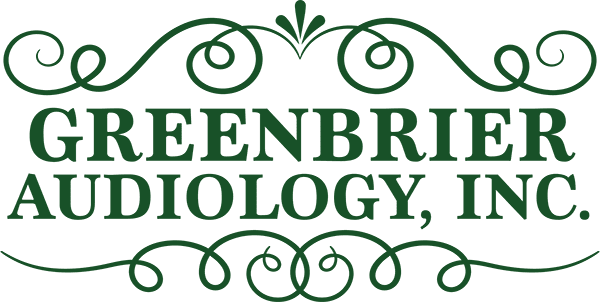Services
Hearing Testing
Is it Time for a Hearing Test?
First of all, it’s never a bad idea to get your hearing checked even if you don’t think you’re having any problems hearing. A baseline assessment of your hearing can always be used as a comparison years from now when you think you might be having a problem. If you finding yourself answering yes to the following questions, then it’s time to get your hearing checked.
Do others complain the TV is too loud?
Testing Explained
Case History
We’ll begin by taking a detailed history. We’ll ask a series of questions about your medical, work and personal life as it relates to your ears and your hearing.
Pure Tone Audiometry
Wearing headphones, your hearing levels are measured using tones and words. Providing us with sensitivity levels and discrimination ability.
Physical Examination
The next step is an examination of your ears. We’ll thoroughly examine your ears for any physical condition that might indicate a need for a medical referral.
Speech Recognition
A series of words will be presented at varying intensity (loudness) level to assess how well an individual is able to process speech information.
What Happens After the Hearing Test?
Hearing Loss & Dementia
Research not only shows a connection between hearing loss and dementia, but a Johns Hopkins study of older adults found that hearing loss actually accelerates brain function decline. Some experts believe that interventions, like hearing aids, could potentially delay or prevent dementia. Research is ongoing.
Hearing Loss & Your Heart
Cardiovascular and hearing health are linked. Some experts say the inner ear is so sensitive to blood flow that it’s possible that abnormalities in the cardiovascular system could be noted here earlier than in other less sensitive parts of the body.
Hearing Loss & Depression
Research shows that hearing loss is associated with an increased risk of depression in adults of all ages, but is most pronounced between ages 18 to 69. Research also shows that the use of hearing aids reduces depressive symptoms.
We will explain the results to you and if the results indicate a problem, we’ll provide you with recommendations. We believe your journey to better hearing should be a partnership with you and your hearing healthcare provider.
Beckley Office
2216 S. Kanawha Street
Beckley, WV 25801
M-F 8:30AM - 4:30PM
Lewisburg Office
206 Dawkins Drive
Lewisburg, WV 24901
M-F 8:30AM - 4:30PM
Elkins Office
9 Eleventh Street
Elkins, WV 26241
304-630-6002
304-630-6003
Crab Orchard Office
1404 Robert C Byrd Drive
Suite 204
Crab Orchard, WV 25827
